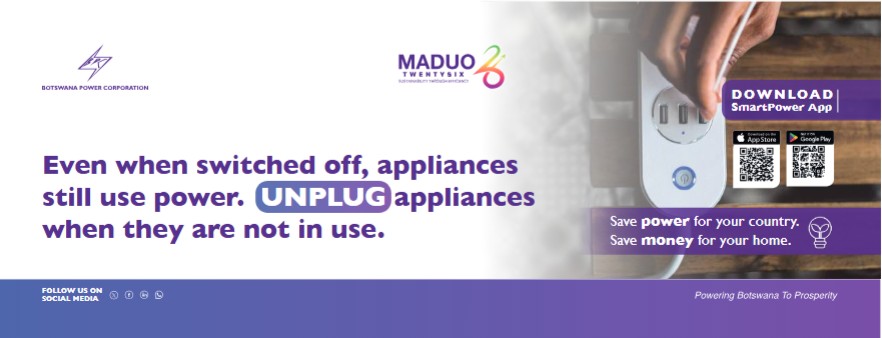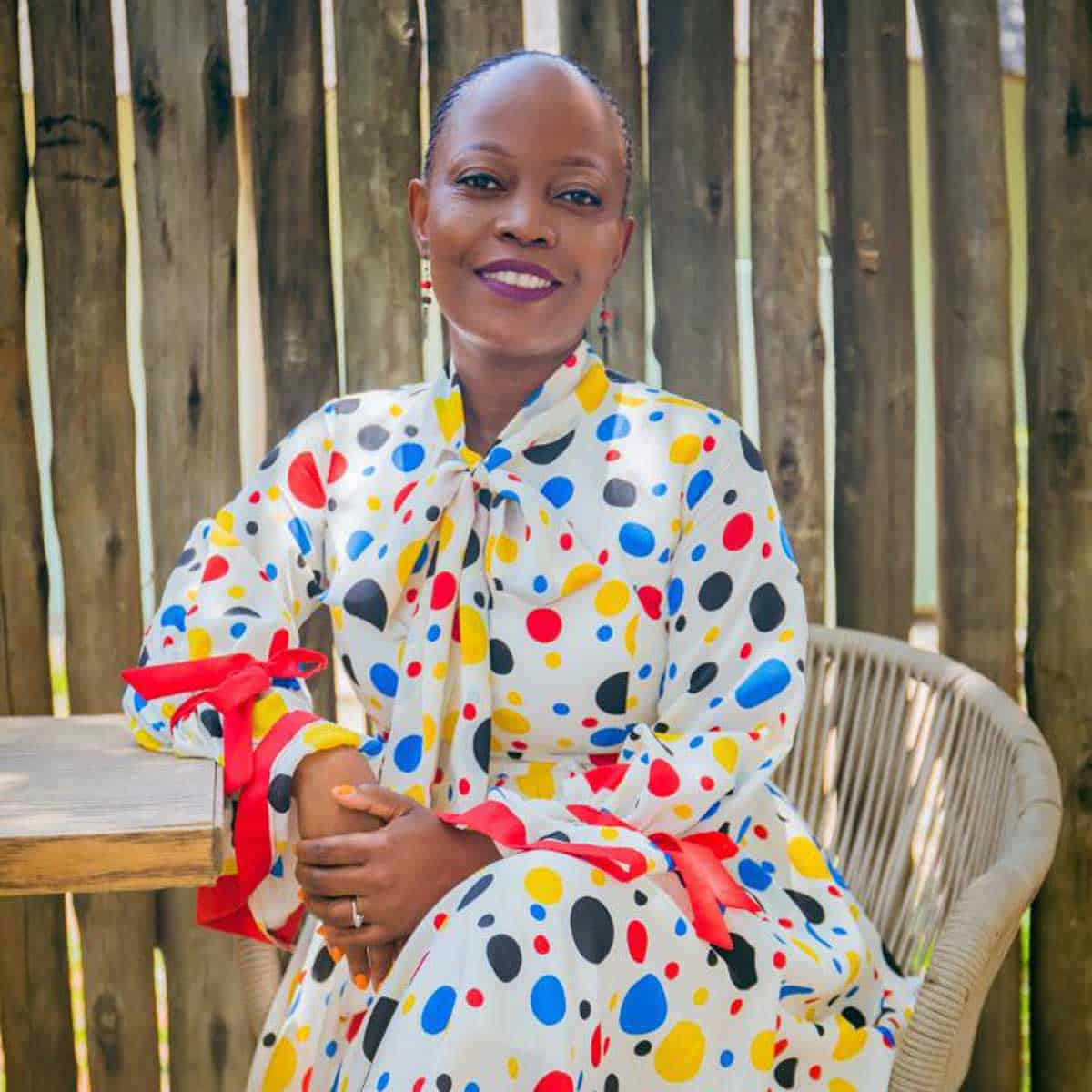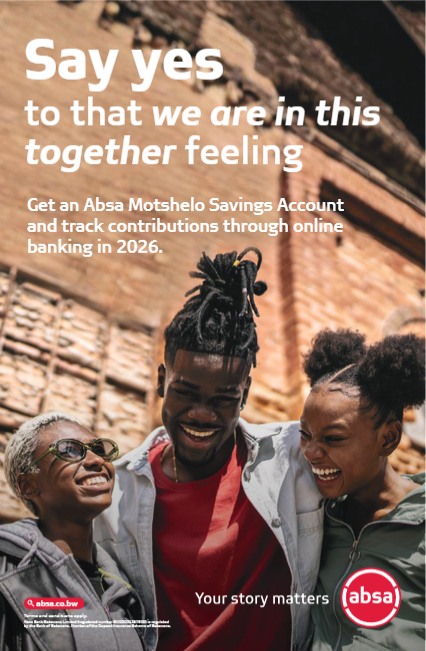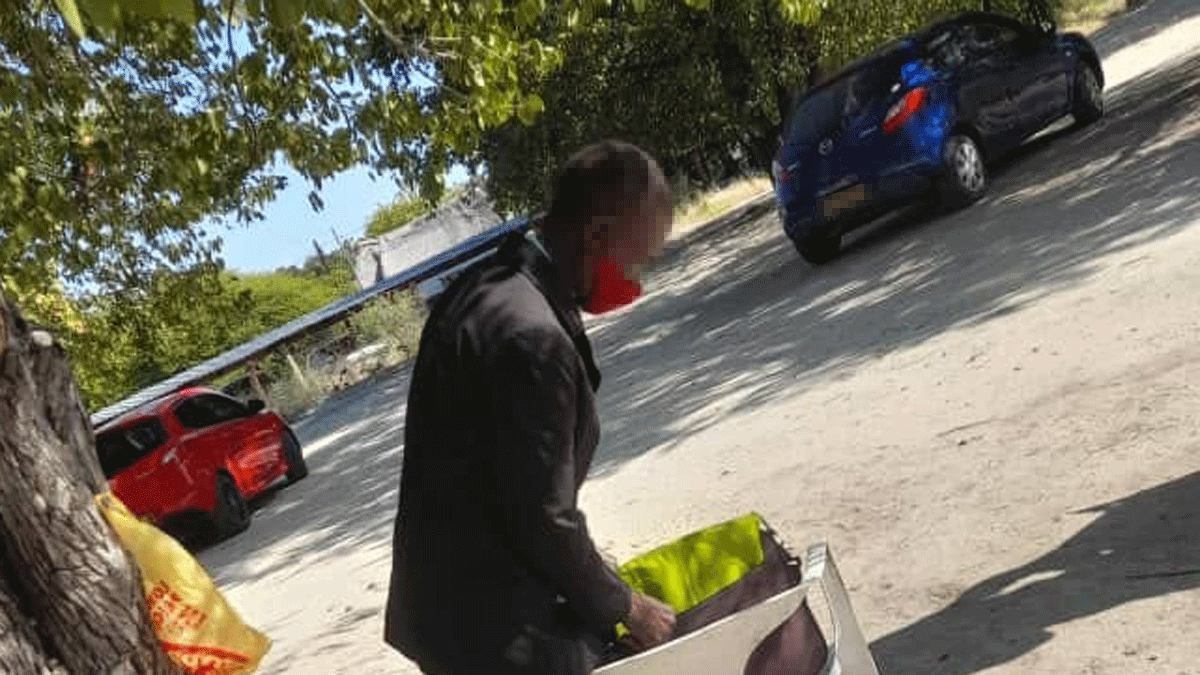CELEBRATING DR KGOLO LOTSHWAO
In marking International Women’s Day (IWD), a day in which women across the world are celebrated for their achievements, Voice Woman celebrates Selebi-Phikwe-born academic, Dr Naledi Kgolo-Lotshwao, a Linguist and Senior Lecturer in the Faculty of Humanities at the University of Botswana, who recently published a book titled, Learn Setswana (Ithute Setswana). She says her book “provides expert instructions to help readers master Setswana basics and beyond.”
Thank you and, once again, congratulations on publishing your book! Please, do introduce yourself to our readers.
Dr Naledi N. Kgolo-Lotshwao is a linguist and senior lecturer at the Faculty of Humanities, University of Botswana. I have published journal articles, book chapters, monographs, and technical reports on various issues within linguistics. I have co-authored two other publications: Mokwalo o o Lolameng WA Setswana (Setswana Standard Orthography) and the Spelling Bee Handbook.
Learn Setswana is my maiden solo book.
I hold a PhD in Psycholinguistics and Neurolinguistics from the University of Essex, UK, an MPhil in English and Applied Linguistics from the University of Cambridge, and an MA in English Language and Linguistics from the University of Botswana. I am the Editor of Marang: Journal of Language and Literature and a board member of the African Psycholinguistics Association (APsA).
I am married to Dr Kebapetse Lotshwao and a mother to Nala.
Give us a bit of background information on your book, ‘Learn Setswana’.
The book addresses the need for Setswana language learning materials for non-native and second language speakers of Setswana.
It is a contribution to solving the lack of learning materials for local languages.
Learn Setswana (Ithute Setswana) is a simplified guide to learning the Setswana language.
The book provides expert instruction to help readers master Setswana basics and beyond.
It is intended for first-time learners as well as a reference for advanced learners.
By using this book, readers will learn different skills in the Setswana language, such as how to greet and introduce oneself, have basic conversations, the meanings of common words, etc.
Grammatical rules and concepts are clearly explained in a non-overwhelming manner.
For “first-time time learners”, is that to say its target is expatriates/tourists in particular? If so, why strictly those, seeing that our children struggle with Setswana as well?
The book does not exclude our children. You’ll agree with me that most children are nowadays second language speakers of Setswana, especially in urban areas.
English has become their first language and language of choice. Therefore, they are part of the target market for the book.
The book does not use difficult language, which makes it user-friendly.
In fact, some parents say they use the book to help their children with English, since the book provides vocabulary in both English and Setswana.
How long did you take to write and how best do you market the book?
I had been thinking about and planning the book for a lot longer than it took me to write it.
So, when I actually started writing it, I had a good grasp of how I wanted it to be and what to contain.
In all, it took me about three (3) months to work on the book.
I market the book mostly by social media, Facebook, WhatsApp, and Twitter.
Referrals are also working in my favour. I’ve also been selling the book at (pop-up, night, farmers) markets.
What has the reception been like so far?
It has really been great. It’s amazing that the market has been in need of a resource like this.
The book provides current usage of language in an easy-to-follow manner. Some customers actually advise that they need more such resources, with audio, for example.
I know UB, where you’re a senior lecturer, offers foreign languages like Mandarin, Portuguese, and French & Swahili; do you plan to have your book available in libraries of foreign institutions and bookstores, too?
It is my hope that anybody with an interest in and on Botswana will get a copy. Our language is a part of who we are.
I have contacted some embassies, which have purchased copies of the book.
I’m hopeful that more will purchase copies of the book, including our foreign missions outside Botswana.
How many copies have you sold so far?
Three hundred and fifty seven(357) since the book launch on November 24th, 2021.
What would you say is the most challenging thing about writing?
Discipline. One has to commit to writing and avoid distractions as much as possible.
Where is the book available locally?
Gaborone: Botswana Craft, Exclusive Books, Van Schaik (UB bookstore), Koncept Store at SSKIA, The Honeycomb Hub in Phakalane, Pennywise Bookstore, Phakalane
Phikwe: Dula bookstore
Maun: Thari e Ntsho
If you weren’t in academia, what career path would you have taken?
I like reading and writing, and learning and teaching, and travel – so, any career that incorporates these would have been ideal.
Best book you’ve ever read & favourite writer?
I have read and do read widely. It’s difficult to pinpoint one book or author as my favourite.
I read books that address a certain need at a particular point, be it spiritual, financial, on property, or purely for leisure.
So, at that point in time that book would be the best, until I read another that answers certain questions at another time.
Currently reading?
The Game of Life and How to Play It by Florence Scovel Shinn
Grandma’s Gone to Africa: One Woman’s Journey to Botswana the Good by Edelgard Elsbeth Mahant
When can we expect another book from Dr Kgolo-Lotshwao?
The pressure, ma’am, the pressure. I’m working on something, which I’m hoping will be out by winter.
Lastly, this year’s IWD theme is ‘Gender Equality Today for a sustainable tomorrow”. What are you doing to speak up for gender equality and celebrate the contribution of women and girls in Botswana?
It is important for us women to celebrate ourselves and inspire each other.
I cross paths with a lot of young women at the university. I try in my small ways to inspire them.
I also do voluntary work with a young women’s organization – The African Women Leadership Academy (TAWLA) – which works to empower young women and girls through leadership skills training, mentoring, and networking.
Thank you.














